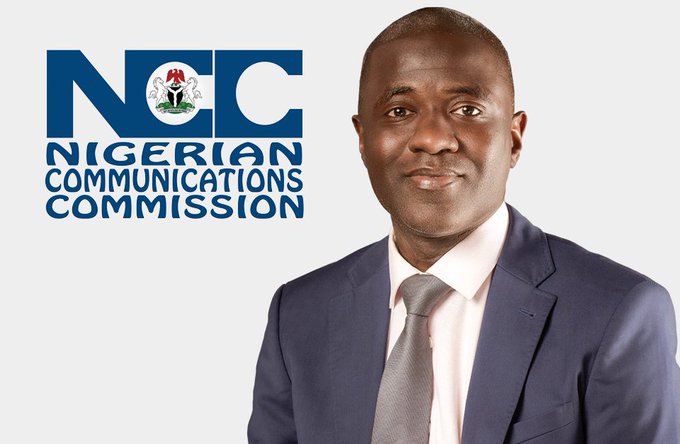The Nigerian Communications Commission (NCC) says the industry experienced over 35,000 fiber cuts in 2022 and over 24,000 fibre cuts so far in 2023, while over N14 billion has been spent on repairing damaged fibres.
Adewolu Adeleke, the Executive Commissioner, Stakeholder Management of the NCC, stated this at the Regional Stakeholders Workshop on Multiple Taxation and Regulations, on Wednesday in Kano.
“In the same vein there has been over 18,000 denial of access cases recorded in 2022 and over 6,000 cases so far in 2023.
READ ALSO:
Brazilian Gospel singer, Pedro Henrique collapses, Dies On Stage
Education: Senior Lawyer, Ajulo, Advocates For Sale Of Correctional Centres
Ogbe Assumes Office As Exec Sec NCDMB, Tasks Staff on Results
“Statistics of this nature cannot encourage anyone to invest. So we all owe it a duty to tackle this menace once and for all”.
He also identified multiple taxation as major obstacle militating against sustainable development of telecom industry in the country.
The theme of the conference is: “Navigating the Landscape of Multiple Taxation and Regulations, Fostering Sustainable Growth through Collaboration”.
Represented by Efosa Idehen, Director Compliance, Monitoring and Enforcement of the commission, Adeleke said multiple taxation and regulations were impacting on the growth of telecoms infrastructure on which all other infrastructure making up digital economy depended.
“This is not referring to legitimate taxes imposed by appropriate authorities following necessary due processes, but the many irregular, often duplicated and sometimes hastily posed taxes and charges which some agencies pursue for short-term revenue gains neglecting the greater long-term impacts of their actions on investor confidence, the socio-economic wellbeing of our people and overall national economic growth,” he said.
He said that some state and local government agencies imposed such taxes and regulations without appropriate legal backing, adding that it affected the industry’s out put in general.
“Multiple taxation and regulations imposed on infrastructure maintenance, environmental impact charges, waste collection charges in addition to value added tax and sales tax being paid simultaneously add to the cost of services enjoyed by the consumers,” he said.
He advocated for proactive measures to proffer lasting solution to the problem of multiple taxation and regulations.
“We have presented our recommendations to the committee, and we are confident that it will make necessary recommendations to conclusively address the various dimensions of the problem of multiple taxations and regulation.
“In our view, prioritising comprehensive tax reform will unlock the full potential of the Nigerian economy.
“These reforms should aim to simplify the tax system, eliminate redundancies, and promote transparency.
“Government at all levels must collaborate to create a harmonised tax structure that foster economic growth rather than stifling it,” he said.
The NCC Commissioner stressed the need for speedy deployment of new infrastructure and the seamless operations of existing ones to achieve 90 per cent broadband penetration by 2027 in the country. (NAN).





